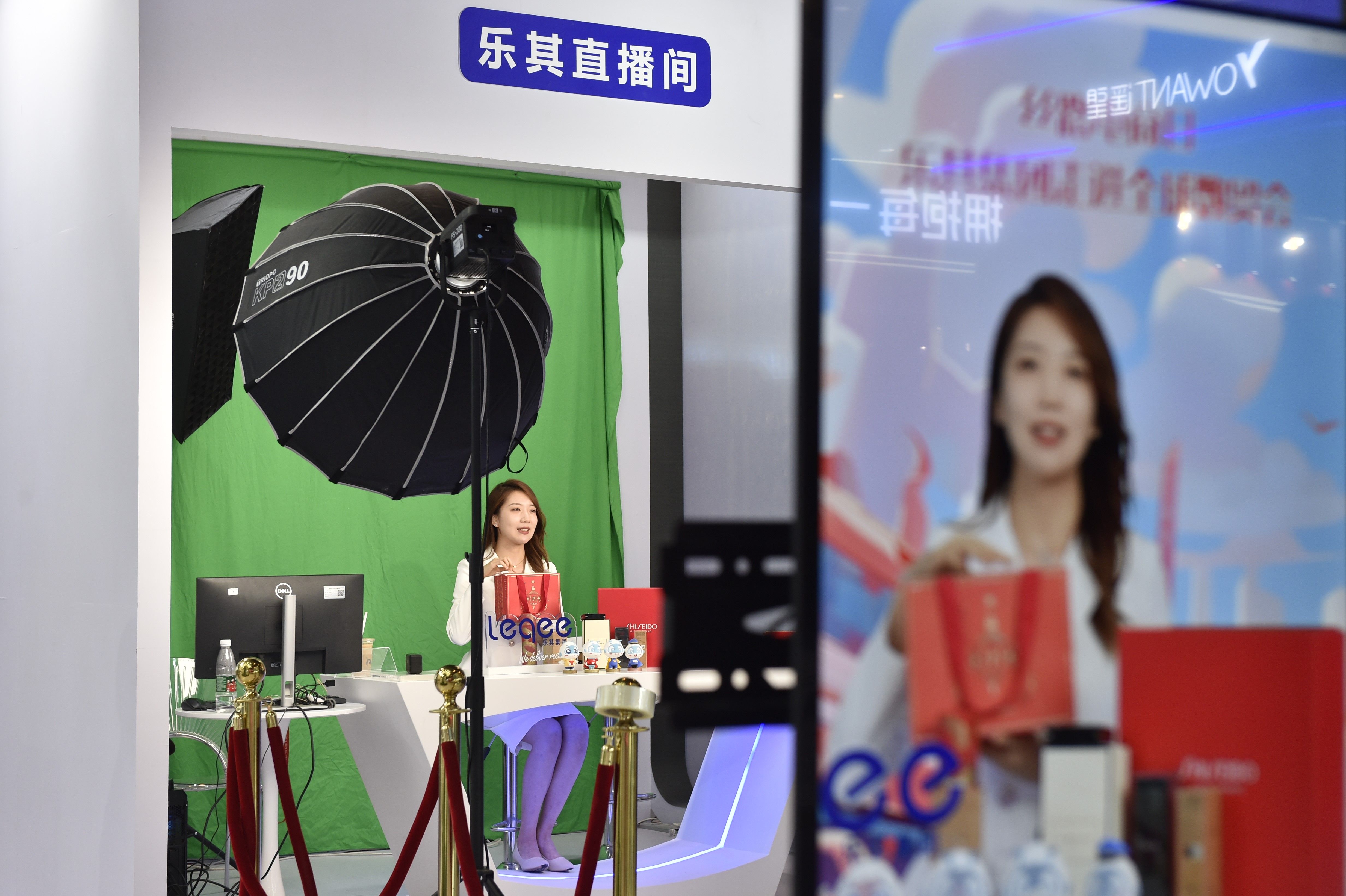


For the 11th consecutive year, China has maintained its status as the world’s largest online retail market. In 2023, China’s online retail sales surged by 11 percent year-on-year, reaching $2.17 trillion (15.4 trillion RMB).
Given its size, the country is committed to creating a safe online shopping space for consumers. On July 1, a series of aimed at bolstering consumer rights and interests will go into effect, addressing prevalent e-commerce issues.
These regulations outline business operators’ obligations, which encompass consumer safety, product quality, transparent pricing, and the safeguarding of personal information. Notably, they also include provisions to protect the rights of the elderly and minors.
In recent years, a number of luxury brands have faced backlashes for non-compliance with China’s consumer protection laws. Below, Jing Daily outlines the new regulations that luxury brands should be aware of.
Firstly, the new regulation will crack down on “fake orders and trust speculation” (刷单炒信), which includes behaviors such as buying fake likes, false endorsements, fabricated reviews, and incentivized positive reviews, as well as deleting negative feedback. It explicitly prohibits businesses from fabricating transaction data or tampering with user reviews to deceive consumers.
“Forced bundling” (强制搭售) will also be outlawed. Some merchants have violated consumer rights by forcing buyers to scan QR codes, coercing consumers into unwanted registrations, or by coupling vouchers with online bookings. Operators must inform consumers if bundling is offered, a measure aimed at preventing coerced purchases through disguised means.
Additionally, the State Council has banned “big data discrimination,” the first time such a regulation has been enacted. It addresses the way merchants use algorithms to identify their end consumer and change their end prices accordingly. For example, this could involve displaying higher prices for certain users based on their consumer behavior, preferences, or bargaining power, such as children who may be perceived as more naive.
“Automatic renewal” practices have also been standardized. With the proliferation of paid memberships on websites and apps, consumers face issues like misleading discounts and complicated cancellation processes. The rules require operators to notify consumers twice: before signing up and before any automatic renewal. They must also offer easy cancellation and modification options.
Finally, “no-reason returns” are now protected. Although seven-day return policies are widespread in China’s online retail sector, some merchants try to skirt them. The new regulations stipulate that operators can’t restrict the scope of these returns. Items not eligible for returns must be clearly labeled during purchase without assuming consumer consent.
These changes aim to make online shopping fairer and safer for everyone in China as the sector develops rapidly. Businesses must ensure they comply with the latest regulations to best serve customers and stay out of trouble.
The Jing Take reports on a piece of the leading news and presents our editorial team’s analysis of the key implications for the luxury industry. In the recurring column, we analyze everything from product drops and mergers to heated debate sprouting on Chinese social media.